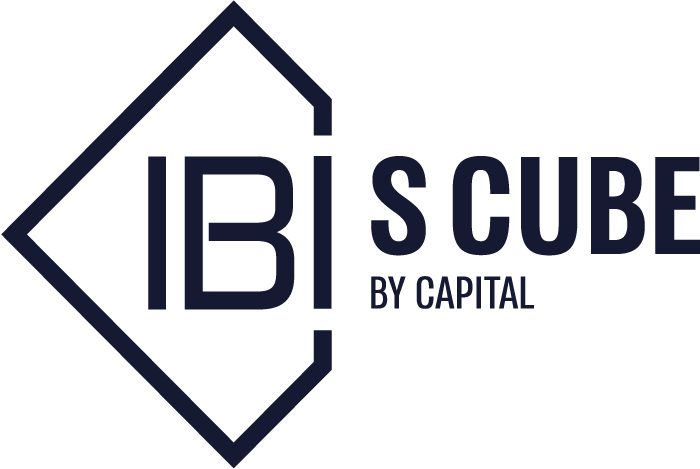We find ourselves in one of the most difficult periods Israel has ever known, following several months of wallowing in a political quagmire. Enormous uncertainty looms, with credit rating agencies threatening downgrades, increased discount rates, and the ominous specter of a US yield curve steepening, intensifying recession concerns. Now, more than ever, it’s imperative that the company’s leadership plays a pivotal role in the valuation process.
As we gear up for the 2023 financial statements, companies are already building cash flow forecasts to assess the decline in the goodwill value of previously acquired assets. This unfolds against the backdrop of one of the most challenging years to hit the Israeli economy, marked by a series of serious events that have negatively impacted company valuations.
The most daunting of these events transpired on October 7, which led the State of Israel to declare the ‘Iron Swords’ war, the repercussions and consequences of which remain unpredictable. This event unfolded after months of the local economy being mired in a political quagmire, sparked by sweeping legal reforms that prompted massive street protests. In response, international credit rating agencies are contemplating a downgrade of Israel’s credit rating. In parallel, the global macro environment is also challenging, in view of the continued increase in interest rates expected to increase the discount rates applied to companies’ activities, and the yield curve in the USA which inverted in October last year and remained inverted for the longest period in history.
The inversion of the yield curve is an indicator of a recession which will make it difficult to establish a substantial improvement in business results for the coming years, one that could otherwise offset the aforementioned headwinds. This inversion presents a significant obstacle to envisioning substantial business improvement in the coming years, which could offset the aforementioned challenges. The yield curve, a graphical representation of bond yields across different timeframes, typically exhibits higher yields for bonds with longer maturity dates during normal economic conditions. An inverted yield curve, where short-term bond yields surpass long-term ones, is anomalous, primarily associated with periods preceding recessions.
Can I delay the annual impairment test to a more convenient time?
Accounting guidelines stipulate that intangible assets with an indefinite lifespan necessitate at a minimum an annual impairment test, which can be conducted at any point during the year, provided it remains consistent each year. However, if an event or change in circumstances occurs that may reduce the value of the activity materially, the guidelines require that an impairment test be carried out even if a year has not yet elapsed.
To determine if there was likely to be a decrease in the value of an asset, one must consider if any material events that negatively impact the asset’s activity have transpired or are expected. In addition, any increase in interest rates or yields that may influence the discount rate must be examined. For publicly-traded companies, the market value of the asset compared to its book value must also be considered.
Since the start of the year, the Israeli economy has struggled with underperformance, experiencing a yield gap of approximately 30% between the Tel Aviv 125 index and the Nasdaq, in part due to months embroiled in a political quagmire centered around judicial reform. The gap further widened due to the ‘Iron Swords’ war that rattled the local capital market, exacerbating the uncertainty in which Israeli companies operate. Historically, combat situations have had a limited long-term impact on company valuations. However, the unparalleled level of uncertainty in the local economy has heightened the specific risk premium for Israeli companies.
Furthermore, in 2023, the trend of rising interest rates in the USA persisted, with an additional 1% increase so far. In September, the Federal Reserve even signaled the possibility of another interest rate hike within the year.
So although there is room for cautious optimism regarding the long-term consequences of the extraordinary events in Israel, companies must also be realistic. Disregarding the many indications of value decline due to the current uncertainty and the rising US interest rates, along with the subsequent escalation in discount rates, will be extremely difficult to justify and defend before the various auditing bodies.
Reliable valuations – based on Management’s forecasts
S Cube, the leading technology valuation company in Israel, conducts approximately 650 valuations annually. Despite our extensive experience spanning 14 years in valuations, including Purchase Price Allocation (PPA) works and impairment tests, we still believe that no one knows the companies better than the entrepreneurs themselves and the financiers who support them.
As a result, the cash flow forecasts underpinning our valuation assessments are not dictated by us; rather, they are grounded in normative industry data and, above all, evaluation from the companies’ management. Our seasoned team of analysts collaborates closely with company leadership to offer guidance and support in crafting forecasts that align with historical performance, industry-standard profitability benchmarks, and the prevailing and anticipated macroeconomic conditions.
Our objective is to ensure that our valuations, accepted by the Big Four and other major accounting firms, remain defensible, coherent, and ultimately represent a realistic assessment of value.
In the current challenging situation, it is even more important that the company’s management be an integral part of the valuation process. S Cube is at your disposal for the impairment test required for the 2023 financial statements, as well as for a wide range of other professional valuation services. For more details, please contact info@s-cube.co.il
Gidi Shalom Bendor is the CEO and founder of S Cube of IBI Capital, the largest provider of valuation services to technology companies in Israel.
The above is provided for informational purposes only and should not be considered complete and/or exhaustive information of all aspects involved in the impairment test. The aforementioned does not constitute legal, financial, taxation, or economic advice or a substitute for any professional or personal advice. IBI Group and/or any of the Group’s companies will not be responsible for any loss or damage caused to any third party due to reliance on the above information.



